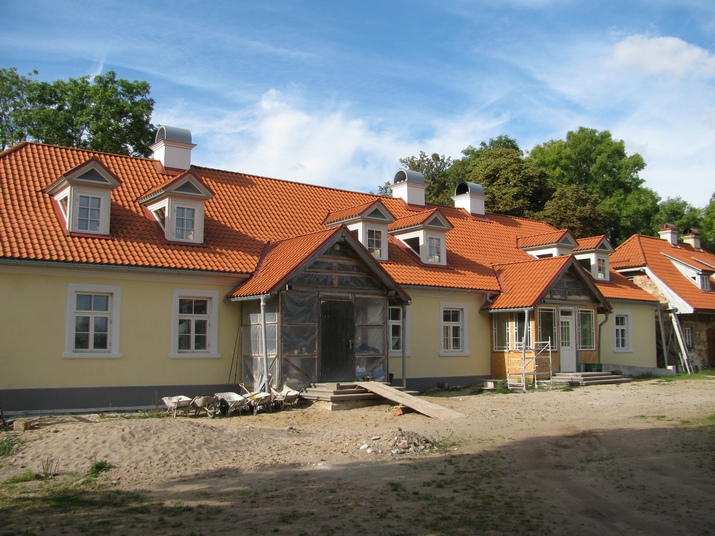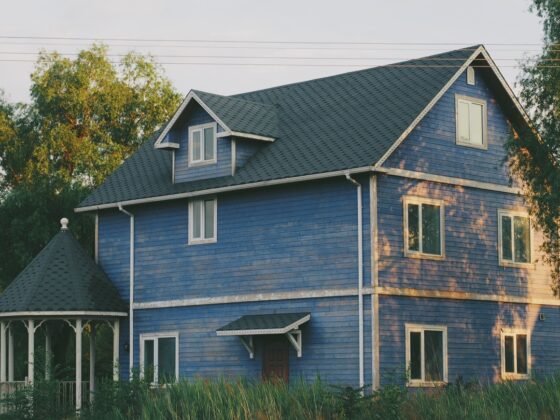Building a custom home is an exciting journey. From choosing the perfect floor plan to selecting the finest finishes, every decision matters. However, one of the most crucial factors that can make or break your dream home is the location. The right location can enhance your lifestyle and increase your property value, while the wrong one can lead to endless headaches and regrets.

What to Look For
When searching for the ideal location for your custom home, keep the following tips in mind:
1. Convenience is Key
Consider the proximity to essential amenities such as schools, grocery stores, healthcare facilities, and recreational areas. Having everything you need within a short distance will save you time and make your daily life more convenient.
2. Neighborhood Vibe
Take a stroll through the neighbourhood at different times of the day to get a feel for the community. Are the neighbours friendly? Is it a safe and peaceful area? The neighbourhood vibe can greatly impact your overall happiness and the quality of life for you and your family.
3. Natural Surroundings
Pay attention to the natural surroundings. Is the location near parks, green spaces, or bodies of water? Having access to nature can provide a sense of tranquillity and improve your well-being.
4. Future Development
Research any planned or ongoing development projects in the area. While new developments can bring positive changes, they can also lead to increased traffic, noise, and a potential loss of privacy. Make sure the future development aligns with your vision for your dream home.
5. Resale Value
Even if you plan to spend the rest of your life in your custom home, it’s essential to consider the resale value. Look for locations that have a history of steady property appreciation and are in high demand. This way, if you ever decide to sell, you can be confident in your investment.
What to Avoid
While searching for the perfect location, be wary of the following red flags:
1. Environmental Hazards
Stay away from areas prone to natural disasters such as flood zones, earthquake-prone regions, or areas with high wildfire risks. Your safety and peace of mind should always come first.
2. High Crime Rates
Research the crime rates in the area you are considering. High crime rates can affect your sense of security and the value of your property. Look for locations with low crime rates and a strong sense of community.
3. Noise and Traffic
Avoid locations near busy highways, airports, or industrial areas if you prefer a quieter and more peaceful environment. Excessive noise and heavy traffic can be major sources of frustration and disrupt the tranquillity of your custom home.
4. Limited Resale Potential
Steer clear of areas with limited growth potential or declining property values. Investing in a location with limited resale potential can make it challenging to sell your home in the future and may result in financial loss.
5. Lack of Privacy
Consider the privacy level of the location. Are the neighbouring homes too close together? Is there potential for future construction that could compromise your privacy? Ensure that your custom home will provide the level of privacy you desire.
Conclusion
Choosing the right location for your custom home is a decision that should not be taken lightly. By considering factors such as convenience, neighbourhood vibe, natural surroundings, future development, and resale value, you can find a location that perfectly complements your dream home. Equally important is avoiding environmental hazards, high crime rates, excessive noise and traffic, limited resale potential, and a lack of privacy. With careful consideration and these tips in mind, you can ensure that your custom home will be situated in the perfect location for years to come.
Frequently Asked Question
When selecting a location for your custom home, consider factors such as budget and affordability, lifestyle and personal preferences, proximity to work and schools, future considerations like long-term goals and plans, zoning regulations, and the value of the property over time.
The neighborhood you choose will significantly impact your overall budget. It’s important to analyze and compare the cost of land, taking into account average price per square foot and potential development expenses like utilities, permits, and taxes.
Your lifestyle needs and personal preferences should guide your location choice. Consider factors like safety for outdoor activities, school districts, access to parks and recreation, and proximity to amenities that matter to you, as these will greatly influence your daily life and satisfaction with your home.
Avoid locations with environmental hazards, high crime rates, excessive noise and traffic, limited resale potential, and a lack of privacy. These factors can negatively affect your living experience and the future value of your home.
Researching future development plans in the area is crucial. Unexpected developments like a new factory or commercial complex can impact the quietness, privacy, and resale value of your home. Ensure the zoning stays consistent with your expectations for the foreseeable future.









